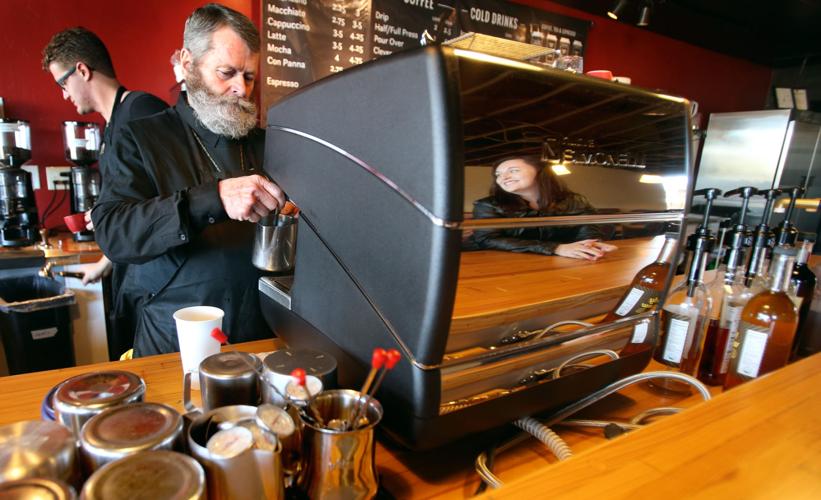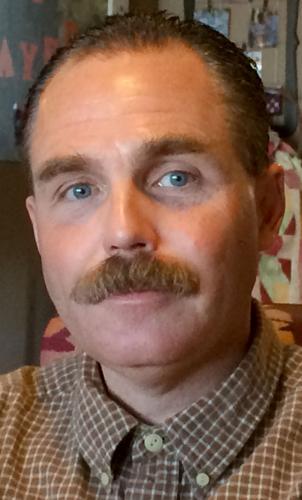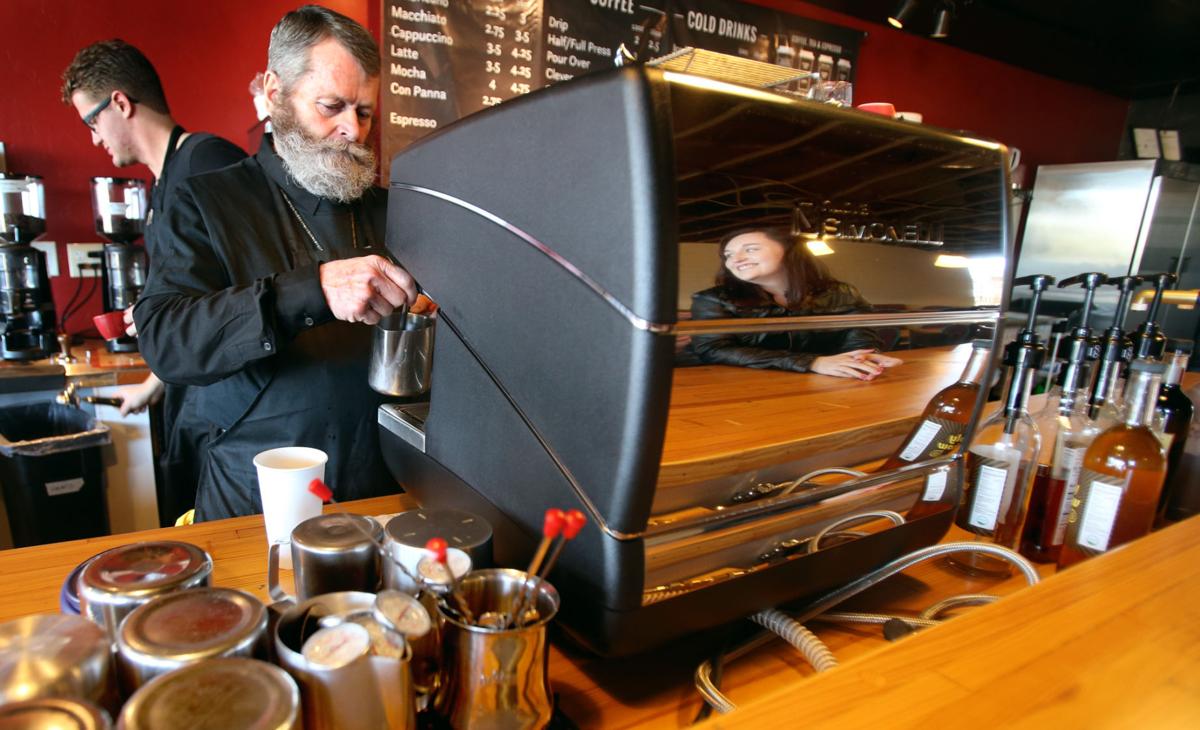Unless you’re Starbucks, you don’t go into the coffee-shop business expecting to make a big profit.
The owner of a new shop in town isn’t expecting to take home any.
Big Heart Coffee, 4802 E. 22nd St., opened just before Christmas and is planning to go to a full, 6 a.m. to 8 p.m. schedule on Monday. Each month, owner Scott Shaw plans to donate any money that the shop makes, after paying costs, to a different charity.
The first month’s beneficiary will be Wrapped in Prayer, a local group that makes quilts for people who have had a loved-one die, lost their homes, or had other types of personal crises. The next month, it’s Teen Challenge, a faith-based drug rehabilitation program.
Not all of the beneficiaries will be religious, but all will be serving a community purpose in Tucson, Shaw told me Wednesday at the shop.
“The ideas was to have a hub where people could come and get involved,” he said.
As a general manager, Shaw picked a local firecracker, Diana Acosta-Bacon, who used to be associate pastor for Church on the Street. Now she’s spreading the idea of this “social enterprise” — a business with a community purpose.
Her first challenge will be getting people in off the street as customers.
First, the neighborhood is a bit odd. The street is heavily commercial, filled with big parking lots, auto dealerships and a few oddball businesses. Typical 22nd Street, in other words.
Second, the shop is located in Mayfair Plaza, a 1959 shopping strip that has not had a lot of upgrades since construction. You wouldn’t schedule a stop there on a Mid-Century Modern architecture tour.
But when you walk through the doors at Big Heart, it’s a different feeling altogether: Warm.
“When people come in, they feel pulled in like a magnet,” Acosta-Bacon told me.
During a year of building in the 2,400-square-foot shop, Shaw came up with a few cool details. One is the bar: It’s made of wood from one of the lanes at the recently closed Cactus Bowl. Another is the bar stools: The tops are made of wooden seats from an old school in Williams, Ariz. Shaw found them on Craigslist.
Far in the back of the spacious shop is a meeting room that groups can schedule. The fee is a donation to the charity of the month, Acosta-Bacon said.
Then it has contemporary touches, such as USB ports in the electrical outlets at the bar. The better for people to do work, study, or just plug in their devices.
While these are key to getting customers in the door, experienced coffee-shop owners told me they come with drawbacks. The biggest one is the customer who comes in, buys a cup of coffee, then occupies a large table for hours working on the computer.
“I was the first coffeehouse in Tucson to have the Internet,” said Jo Schneider, owner of Bentley’s, 1730 E. Speedway, which opened in 1984. “That became in some ways my downfall. It became more of a study hall.”
Over time, she converted her coffee shop into more of a café, serving a variety of food, and people used it less as a home-office away from home.
“Our customers understand,” she said. “We are trying to be very reasonable. And they are trying to do the same for us.”
Scott Hinsch, owner of Black Crown Coffee, 4024 E. Speedway, said it’s best not to have high expectations for coffee-shop profits anyway.
“If you’re trying to retire early, opening a coffee shop isn’t the way,” he said.
But making your place a good hangout where people actually enjoy and buy the product can keep it in business, Schneider and Hisch agreed.
And when your product is not just coffee but help for local people who need it, what’s not to like?







